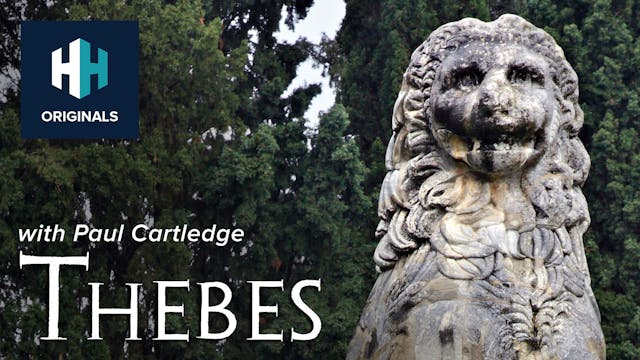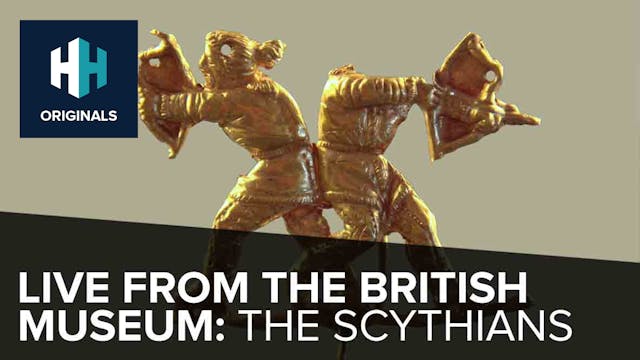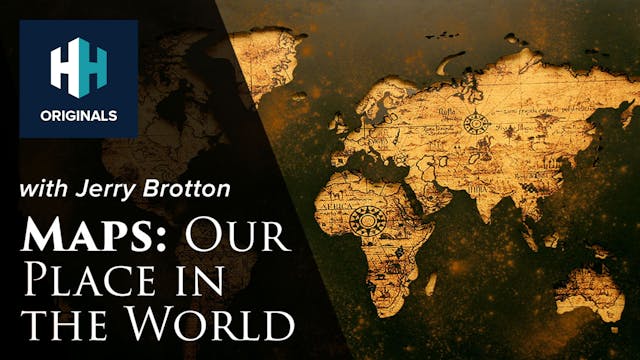The story of Pompeii’s destruction is renowned across the world. In 79 AD, this prosperous Roman town was destroyed by a massive, volcanic eruption. Pompeii became frozen in time, only to be rediscovered c.1500 years later.
Warning: contains very strong language and sexual content.
Vesuvius’ eruption has preserved Pompeii in its final moments. The wealth of archaeology that has been unearthed over the past few centuries here is extraordinary. From gladiator graffiti to political adverts. And amidst all of this archaeology, we even have the names of actual Pompeiians surviving. The stories of everyday people - men and women - who lived and worked all around the town some 2,000 years ago. Not emperors, empresses and generals. But bakers, barmen and prostitutes whose stories are usually lost to history.
Tristan Hughes explores the stories of some of these men and women who called Pompeii home. Wealthy villa owners such as the entrepreneurial businesswoman Julia Felix, who owned a luxurious estate near the amphitheatre and converted part of her property into a restaurant. The plucky bar owner Sextus Amarantus, who imported wines from as far away as Gaza to sell at his establishment. Or the famous freeborn gladiator Marcus Attilius, who defeated a great champion in his very first arena fight.
This documentary explores the lives of the people that made up Pompeii. With access to some of the site’s most extraordinary buildings and interviews with leading experts, it’s a story about everyday life before the eruption.
Up Next in Ancient Greece
-
Thebes
Athens, Sparta and Corinth are arguably three of the most famous, and most significant, Greek city-states of antiquity. But there is one 'polis' that is often forgotten. A city that rose to prominence during the 4th century BC. That city was Thebes. From fighting with the Persians during the Pers...
-
Live from the British Museum: The Scy...
2,500 years ago groups of formidable warriors roamed the vast open plains of Siberia. Ferocious nomads, they roamed from Southern Russia down into Iran – a whole region that makes up the middle portion of the Silk Roads. Feared, loathed, admired – but over time forgotten… until now. A new major e...
-
Maps: Our Place in the World
Many of us can’t help but be obsessed with maps – including Dan. They tell us where we are in the world and let us know how our environment has changed overtime. History, geography and philosophy – maps cross all these fields of study. The history of mapmaking has its roots in the ancient world, ...




80 Comments